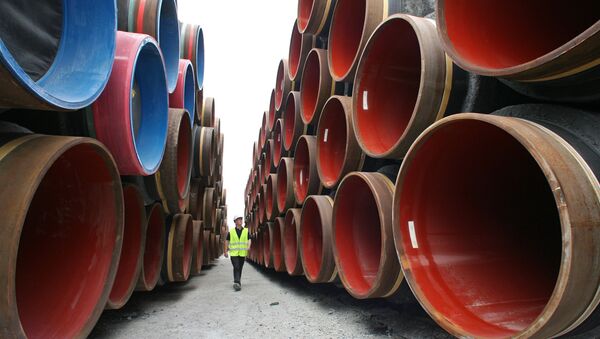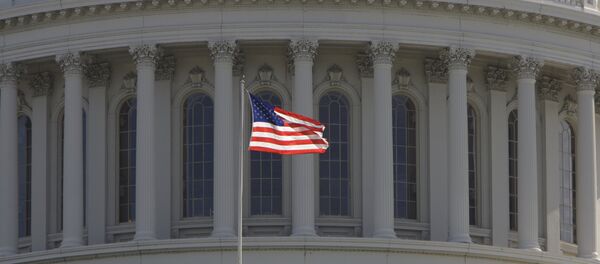Dornfeldt believes that the new US administration is trying to use restrictive measures to get rid of the competition in the European energy market.
"This is all about pushing Russian gas out of the European market and replacing it with supplies of US gas, which is extracted with an environmentally harmful fracking method," the expert said.
He stressed that the measures proposed by the US Senate contradict with the interests of the European economy and politics.
"Natural gas, supplied from Russia for decades, is profitable. It was delivered stably and without interruptions, even in the period of the Cold War. These excellent ties in the energy sector resulted in the Nord Stream-1 and Nord Stream-2 projects," Dornfeldt said.
"Now it [this policy] is increasingly affecting Europeans who should consider the current situation as an opportunity to strengthen the overall political framework and, finally, normalize economic and political relations with Russia," Dornfeldt said.
Earlier, Germany and Austria slammed the latest US sanctions against Russia's energy sector, warning that the measure would affect European companies involved in piping in natural gas from Russia.
In a joint statement, Germany's Foreign Minister Sigmar Gabriel and Austria's Chancellor Christian Kern said that Wednesday's decision by the US Senate to introduce new sanctions against Moscow over its alleged meddling in the US presidential election and the Ukrainian conflict would make the European energy industry less competitive and would put thousands of jobs on the line.
The outlined anti-Russian measures provide for stiff penalties on enterprises that cooperate with Russian oil and gas companies. They also target Nord Stream 2, a pipeline that would double Russia's ability to supply gas to Europe under the Baltic Sea. The measures could affect European energy companies, including Shell, Engie and OMV, which are financing the pipeline. The bill will now have to be passed in the House of Representatives and signed into law by President Trump.


